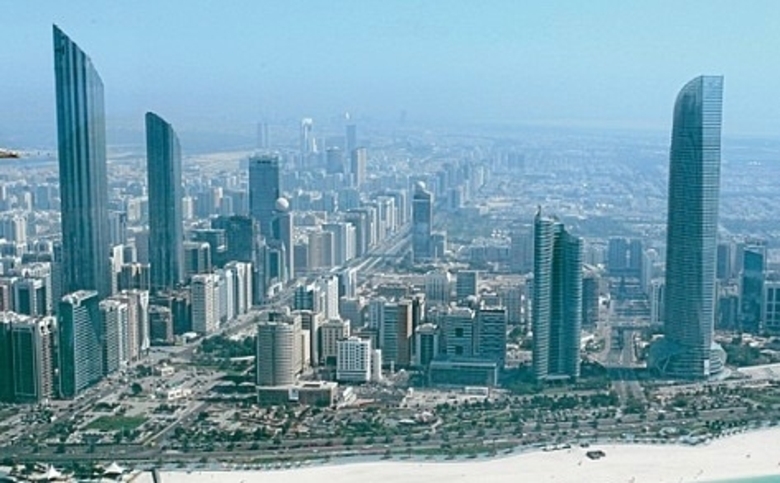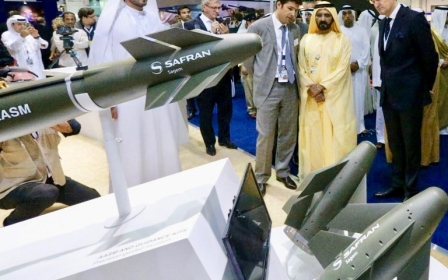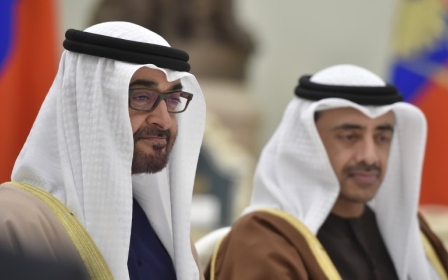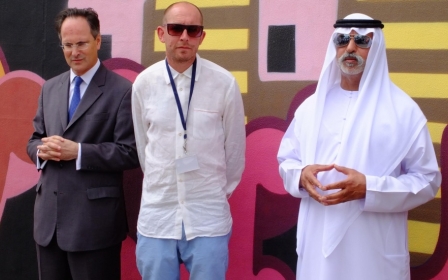UAE's largest bank listed on Abu Dhabi stock exchange after merger

The United Arab Emirate's largest bank, created out of a merger of two UAE-based banks with estimated assets of $180bn, listed on the Abu Dhabi stock market on Sunday.
The listing of the First Abu Dhabi Bank came after the National Bank of Abu Dhabi and the First Gulf Bank agreed to merge last year.
“This is a transformational moment for Abu Dhabi, the region and beyond," Abdulhamid Saeed, group chief executive officer of the new combined bank, told Bloomberg News in an e-mailed statement on Sunday.
The bank, which is part-owned by the government and the state-run Abu Dhabi Investment Council, will follow the priorities and growth ambitions of Abu Dhabi and the UAE, the statement said.
Abu Dhabi, holder of about six percent of the world’s oil reserves, combined the banks to better compete with rivals and bolster its ability to lend and secure funding as the emirate grapples with low oil prices, Bloomberg said.
The merger may lead to further consolidation in the UAE financial services industry, where about 50 lenders compete in a market of about 9 million people, analysts said.
It is the second-biggest lender in the Middle East after the Qatar National Bank, which holds assets worth $198bn, The National said.
The boards of both banks voted to merge in July 2016 to "create a bank with the financial strength, expertise, and global network to support the UAE's economic ambitions".
"The start of trading on the shares of the new bank should reflect positively on the overall trading on the exchange during the coming period and should attract more investors, whether local or foreign, individuals or institutional,” Abu Dhabi Securities Exchange Chief Executive Rashed al-Baloushi told Reuters.
The bank's shares were up 1.0 percent during late afternoon trade on Sunday.
New MEE newsletter: Jerusalem Dispatch
Sign up to get the latest insights and analysis on Israel-Palestine, alongside Turkey Unpacked and other MEE newsletters
Middle East Eye delivers independent and unrivalled coverage and analysis of the Middle East, North Africa and beyond. To learn more about republishing this content and the associated fees, please fill out this form. More about MEE can be found here.




